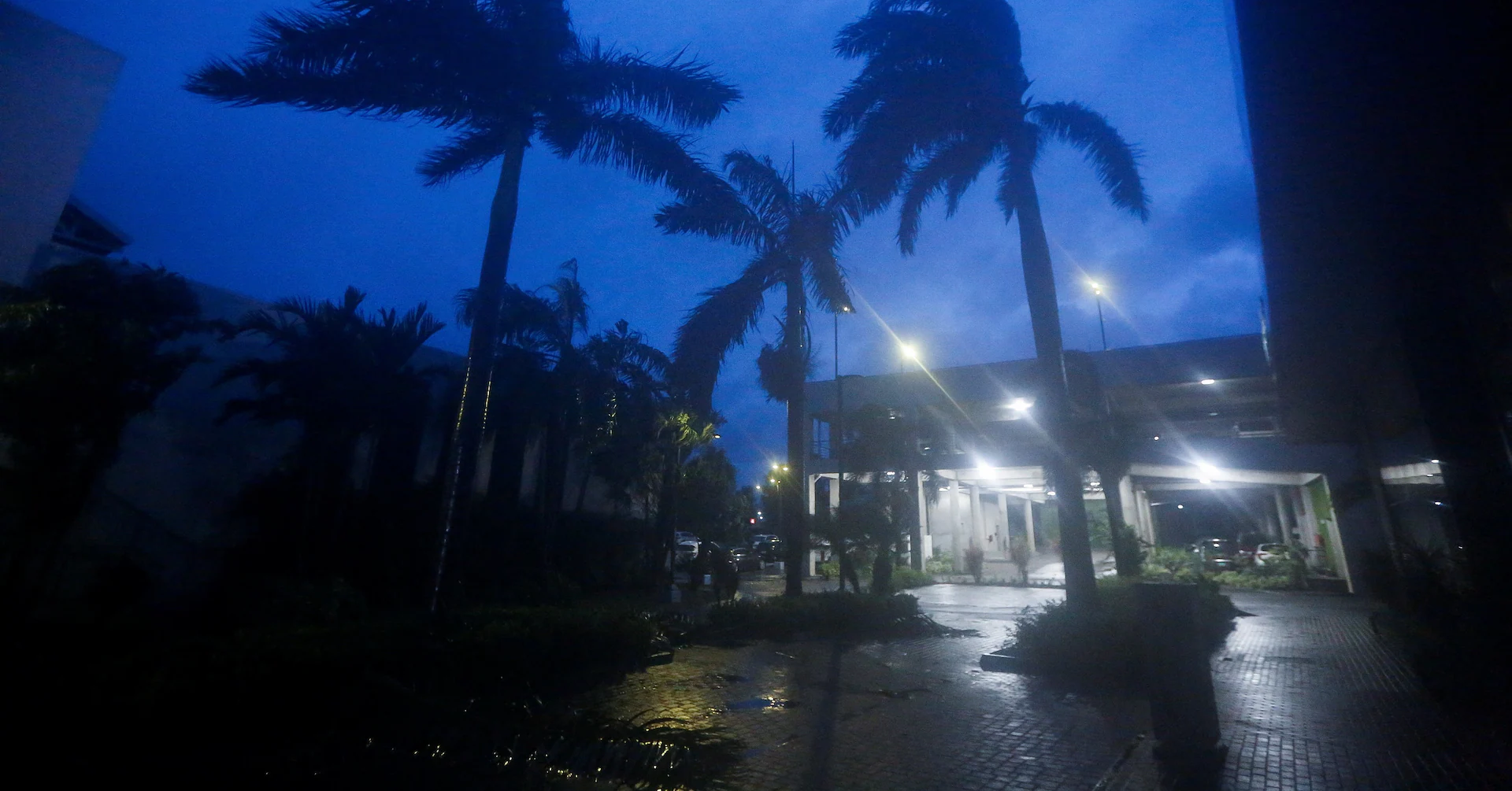Copyright Reuters

October 30 - When a community is destroyed by a climate event, be it flooding, fires, or drought, the questions that follow are always the same: how do we recover? And how do we rebuild? But in a world where climate-related disasters happen every few weeks, perhaps the better question is: how do we build with resilience in mind, so we safeguard lives and livelihoods? In 2024 alone, the warmest year ever recorded, floods displaced tens of millions worldwide and caused record damages, from Brazil to Bangladesh. This is not some risk that might appear in the future; it is a present, and already heavy, cost. But it also presents an opportunity. That is why the Brazilian Presidency has placed adaptation and resilience at the centre of COP30 in Belem. New analysis prepared for COP30 by Systemiq with a consortium of over 20 leading adaptation organisations, highlights the opportunity to unlock powerful financial, economic and social returns on investment for resilience. The report finds that every dollar spent on adaptation delivers at least four times more benefits than costs. Building resilience in emerging and developing economies could protect capital, generate 280 million jobs over the next decade, and unlock a $1.3 trillion market by 2030. In short: resilience is an investment with very high returns and immense impact potential. Early actors are seeing returns. Latin American farmers adopting regenerative practices have increased yields by over 10%, while restoring soils and stabilising incomes. This month, the Climate Investment Fund (CIF) announced that it is backing Fiji’s nature financing plan, noting that “investing in nature is investing in a secure and prosperous future”. A $27 million CIF investment, combined with a further $20 million from the World Bank and Progreen, will benefit more than 80,000 people. By contrast, neglecting resilience traps countries in cycles of damage and debt. In the 50 most climate-vulnerable economies, external debt payments already consume an average 15% of government revenue, the highest level in three decades, even as extreme weather events accelerate. Each new disaster forces governments to rebuild what was already paid for, driving up borrowing costs and draining essential funds for health, education, and innovation. Focusing on reaction rather than prevention is a false economy. None of this means turning away from decarbonisation. Mitigation, adaptation, and development are not competing priorities; they reinforce one another. Sustainable development drives resilience, resilience protects development gains, and emissions cuts prevent future losses. For example, British Investment International recently committed $60 million to Green Investment Partnership (GIP) to support infrastructure projects that advance both mitigation and resilience in South-East Asia. GIP investments in sectors like renewable energy and distributed generation will expand energy access, avoid thousands of tonnes of emissions per year, and strengthen national and commercial energy systems to shocks. In Brazil, investing $22 billion in climate-resilient roads will save an estimated $47 billion in future damage and maintenance. The aim of the Brazilian COP30 presidency is to turn national adaptation plans into investable strategies; embed resilience into fiscal policy, financial regulation and corporate decision-making; and scale the data and tools that help finance ministers and investors measure what truly matters. This report introduces a shortlist of multilateral cooperation areas to be taken up at COP30, and 15 proven and scalable resilience investments that simultaneously improve human health and food security. Informed by 50 expert consultations, these “adaptation and resilience best buys” span six key impact sectors: food, water, health, infrastructure, community and business, and nature, ecosystems and biodiversity. They also include cross-cutting enablers, such as climate-smart agriculture, restoring mangroves and early-warning systems. So much of resilience investment can also reduce emissions and foster development. Restoring mangroves, for example, shields coastlines, captures carbon, and sustains fisheries: environmental, social and economic returns in one. Similarly restoring degraded land and building public transport. Belem offers a pivotal moment to act on that insight, to move from awareness to alignment, from pledges to progress. If we succeed, we can reshape an outdated mindset around resilience. We will mobilize resilient investment alongside and integrated with investments in energy, infrastructure and education, and our natural capital, building the foundation of a safer and more prosperous shared future. Opinions expressed are those of the author. They do not reflect the views of Reuters News, which, under the Trust Principles, is committed to integrity, independence, and freedom from bias. Ethical Corporation Magazine, a part of Reuters Professional, is owned by Thomson Reuters and operates independently of Reuters News. Ana Toni is the chief executive officer of the COP30 climate talks. An economist with a PhD in Political Science, Ana has a long-standing career in promoting projects and public policies focused on fighting climate change, advancing social justice, and preserving the environment. She served as Brazil’s National Secretary for Climate Change in 2023 and 2024. She was executive director of Instituto Clima e Sociedade (iCS) (2015 to 2022), chair of the board of Greenpeace International (2010–2017), director of the Ford Foundation in Brazil (2003–2011), and director of ActionAid Brazil (1998–2002). Nicholas Stern is IG Patel Professor of Economics and Government, chair of the Grantham Research Institute on Climate Change and the Environment, and chair of the Global School of Sustainability at the London School of Economics. He has held chief economist posts at the European Bank for Reconstruction and Development and the World Bank. He produced the Stern Review on the economics of climate change for the UK government in 2006.



